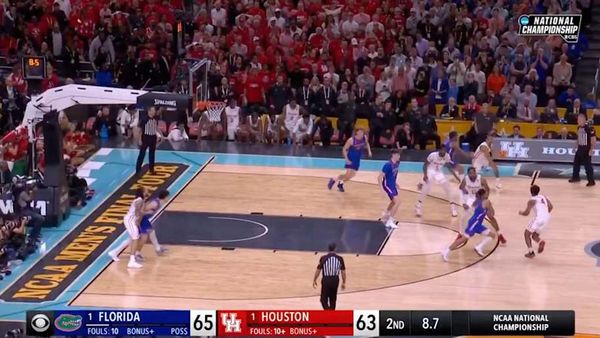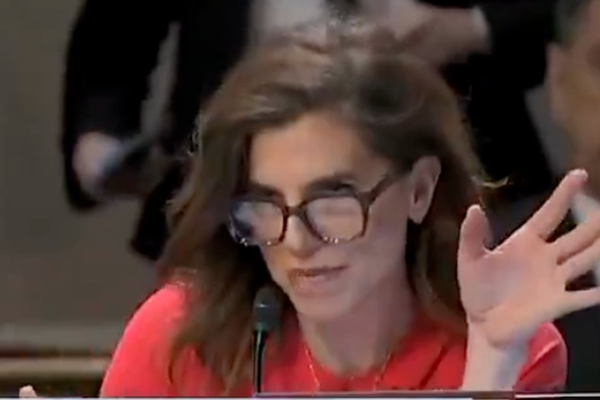
Conservative members of the ruling Liberal Democratic Party are pushing for the Sado Gold Mine to be recommended as a UNESCO World Heritage site, putting them at odds with the Foreign Ministry, which is reluctant due to concerns about a backlash from South Korea.
With the deadline for recommendations approaching on Feb. 1, the two sides are struggling to reach a conclusion.
Located in the island city of Sado, Niigata Prefecture, the site of the gold mine was chosen in December as a domestic candidate for a World Heritage site by the Council for Cultural Affairs, an expert panel of the Cultural Affairs Agency.
On Tuesday, a group of conservative lawmakers from the LDP held a meeting in the Diet and compiled a resolution calling on the government to recommend the Sado Gold Mine as soon as possible.
The meeting was attended by the mayor of Sado and senior officials from the Niigata prefectural government. "It's been well proven that [the Sado Gold Mine] has value as a World Heritage site," said Yoshiyuki Inari, the education superintendent of the prefecture.
After the council selected the mine as a candidate, however, the agency qualified that it had not made a decision on the recommendation and that the government would conduct a comprehensive review. This unusual move was prompted by the fact that the South Korean government has claimed Koreans were forced to work at the mine, and has been urging Japan behind closed doors not to recommend it.
Following the council's selection, a spokesperson for South Korea's Foreign Ministry issued a statement calling for its "immediate retraction."
The Niigata prefectural government is seeking the recommendation and has said that although it is true that people from the Korean Peninsula worked there, it did not know whether it was forced labor, due to a lack of documents or records. According to sources, former Prime Minister Shinzo Abe, who serves as an adviser to the LDP lawmakers' group, also said at Tuesday's meeting, "We should counter [South Korea] based on the facts."
Japan's Foreign Ministry is cautious about recommending the mine, due to concern that South Korea and China will use the issue to criticize Japan over its history.
Regarding the Sites of Japan's Meiji Industrial Revolution, which was registered on the World Heritage list in 2015, South Korea demanded that Japan clearly mention the forced labor at one of the sites -- the Hashima Coal Mine, which is also known as Gunkanjima, or "battleship island."
Japan and South Korea have been unable to bridge the gap between them on this issue, as Japan insists that the workers from the Korean Peninsula who worked at the coal mine do not constitute forced labor under international law.
A senior official of Japan's Foreign Ministry said, "If we recommend the Sado Gold Mine, South Korea may once again make one-sided claims in the international community." At a press conference on Tuesday, Foreign Minister Yoshimasa Hayashi declined to say whether the government would recommend the gold mine site, saying, "We're conducting a comprehensive study from the perspective of what would be the most effective way to realize the registration."
Read more from The Japan News at https://japannews.yomiuri.co.jp/







